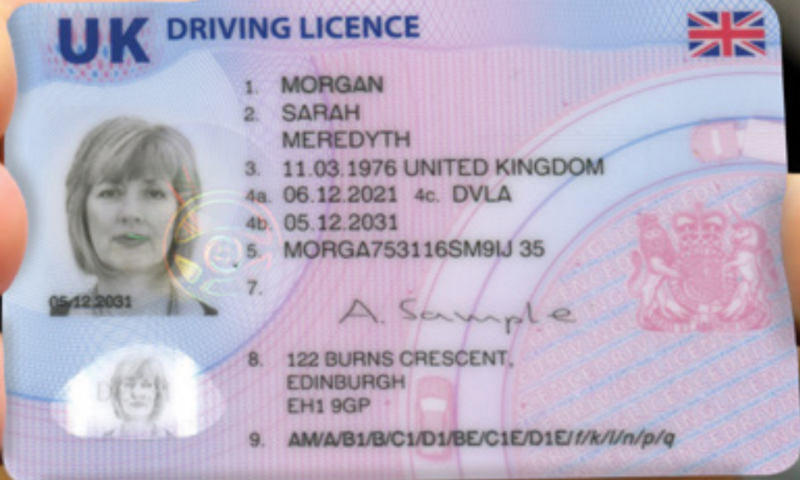
The UK is preparing for a significant digital transformation of driving licences, allowing them to be stored and accessed via a mobile app. This modernisation effort is expected to be rolled
out later this year.
Under the government’s plans, digital driving licences will be accessible through an official gov.uk app, enabling users to prove their identity for various purposes, including voting, purchasing alcohol, and domestic travel. The scheme aims to make it easier for tens of millions of drivers to manage their licences while also streamlining identity verification processes.
Physical licences to remain an option
While digital licences represent a shift towards modernisation, the government has assured drivers that the scheme will remain voluntary. Traditional provisional and full physical licences will continue to be issued for those who prefer them.
Government ministers hope the app will “bring the system into the 2020s,” as reported by The Times.
How the digital licence will work
The app is being developed by the Department of Science and Technology and is expected to launch later this year. It could also serve as proof of age in supermarkets, potentially linking with self-checkout systems to verify identity without requiring interaction with staff.
The digital licence will be housed in a virtual wallet within the government’s app rather than being added to third-party platforms like Google or Apple Wallets. Additionally, the app may include a feature allowing users to temporarily hide address details when sharing their ID, such as at shops or clubs.
Driving licence requirements and rules
Currently, around 50 million UK residents hold either a full or provisional driving licence. Drivers are legally required to hold a valid licence and meet the minimum age and eyesight standards for driving. While it’s not mandatory to carry a licence while driving, motorists must produce it at a police station within seven days if requested by an officer.
Potential challenges and concerns
Although experts highlight the convenience of digital licences, particularly when interacting with law enforcement, there are some limitations. Digital licences might not be recognised abroad, causing issues for those hiring cars or travelling internationally.
Jack Cousens, head of roads policy at the AA, said: “There are clear benefits to digital licences, especially for quickly showing documents to the police. However, drivers could face frustration if the digital version isn’t accepted overseas.”
Privacy and cybersecurity concerns have also been raised. Campaigners, including the group Big Brother Watch, warn that while the app’s convenience is appealing, there is a risk it could become mandatory for everyday tasks.
Despite these concerns, a government spokesperson emphasised that digital IDs can be more secure than physical ones, offering enhanced protection against fraud and misuse.
Looking ahead
The government’s digital licence initiative is part of a broader push to modernise public services. If successful, it could mark a significant step forward in convenience and security for drivers, although its long-term adoption and global compatibility remain to be seen. Photo by DVLA, Wikimedia commons.



































